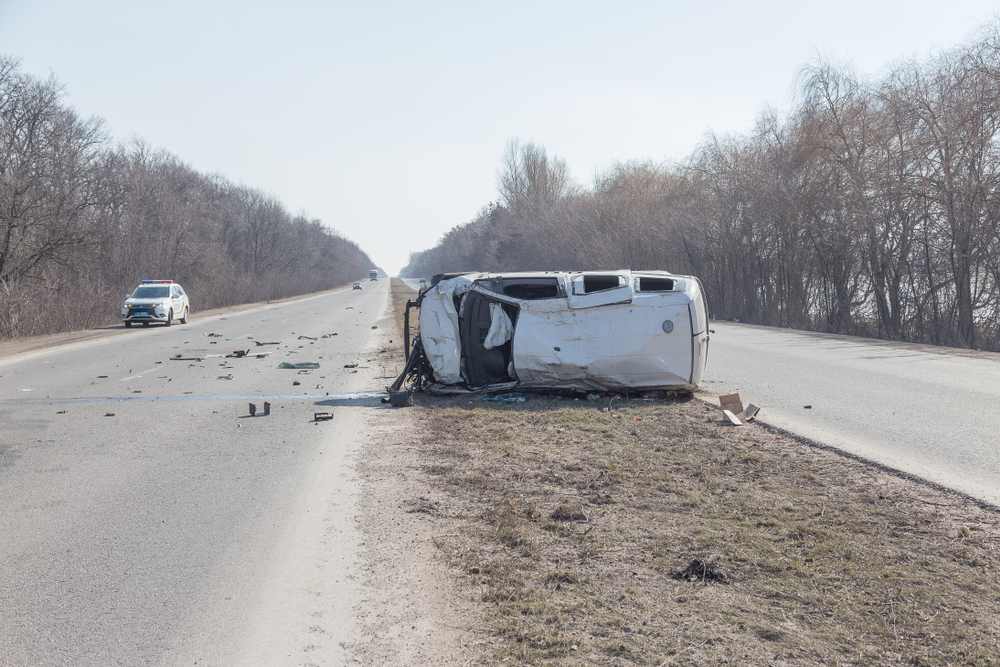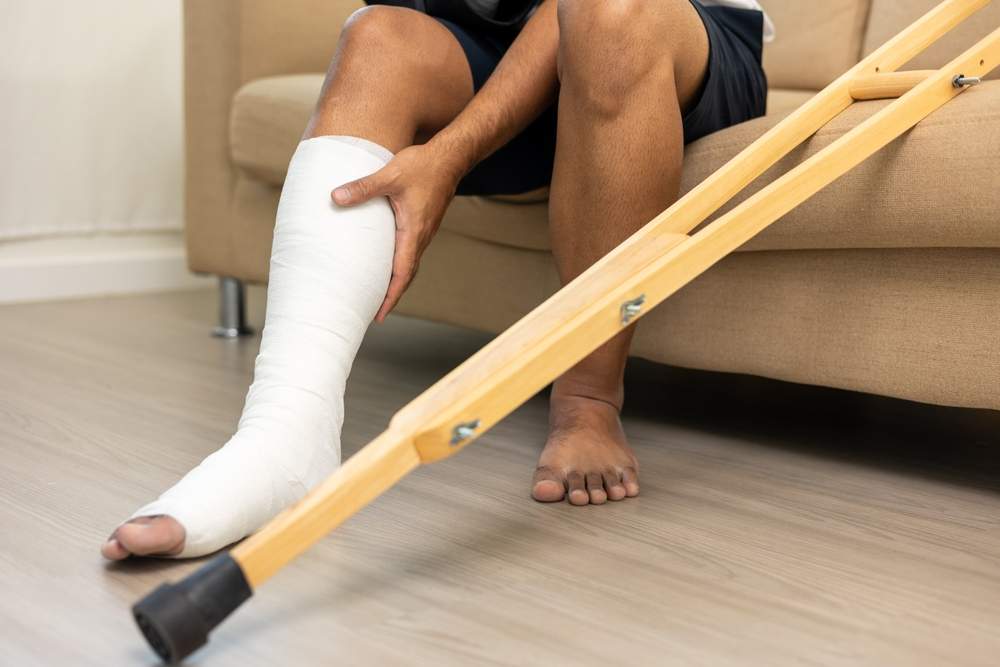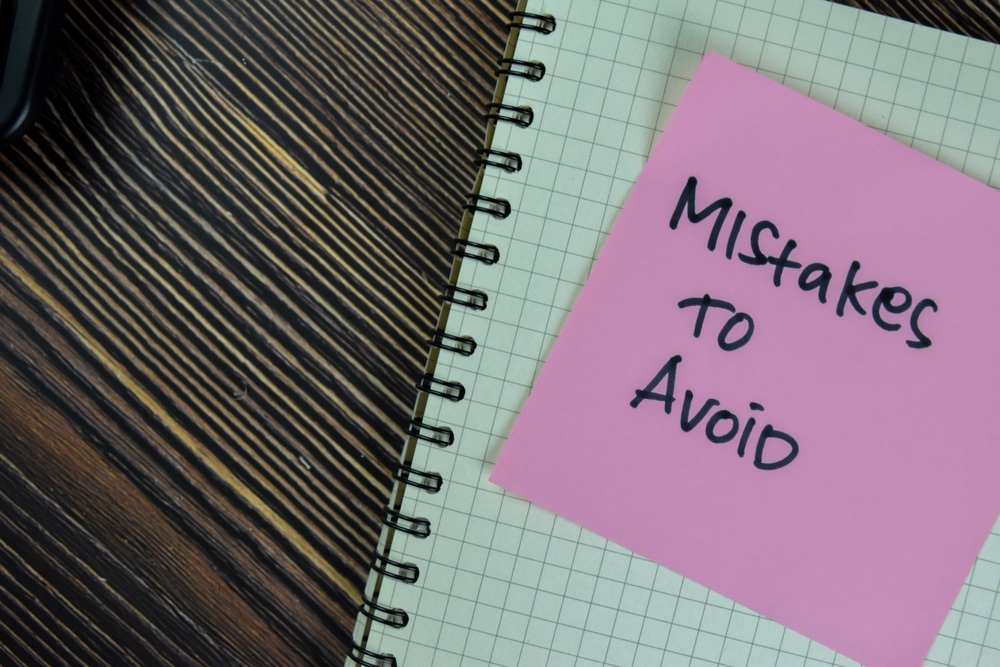 A rollover car accident refers to a situation where one or more vehicles tip over onto the side or upside down. Depending on the severity of the crash, a car may roll over once, or it could roll over several times and inflict a lot of damage. Rollover car accidents are the number one cause of traffic fatalities each year, and the most commonly occur because of high speed. A car traveling at excessive speeds can strike a road hazard, sidewalk, or other barrier and end up in a single-vehicle accident. Or a speeding car could collide with another vehicle, which has the potential for even greater damage and life-threatening injuries. Here’s what you need to know about common accident injuries caused by rollover crashes and steps you can take to prevent this kind of serious driving accident.
A rollover car accident refers to a situation where one or more vehicles tip over onto the side or upside down. Depending on the severity of the crash, a car may roll over once, or it could roll over several times and inflict a lot of damage. Rollover car accidents are the number one cause of traffic fatalities each year, and the most commonly occur because of high speed. A car traveling at excessive speeds can strike a road hazard, sidewalk, or other barrier and end up in a single-vehicle accident. Or a speeding car could collide with another vehicle, which has the potential for even greater damage and life-threatening injuries. Here’s what you need to know about common accident injuries caused by rollover crashes and steps you can take to prevent this kind of serious driving accident.
5 Common Injuries from Rollover Car Accidents
Injuries from a rollover car accident can be quite severe and even life-threatening. Here are five examples of common injuries suffered from rollover car accidents.
Traumatic Brain Injury
A concussion is the most common type of traumatic brain injury and can occur when your head gets jostled around in a rollover crash or if you suffer a blow to the head during the accident. Other types of traumatic brain injuries include head injuries that damage the brain, skull, or scalp. The destruction caused during the crash could result in debris that may cause scrapes, cuts, or even deep lacerations. Penetrating traumas refer to when an object breaks the skin and punctures nearby organs, like the brain. Traumatic brain injuries from rollover car accidents require emergency medical attention. Head injuries can cause life-long complications like short-term memory loss, difficulty focusing on tasks, issues with emotional regulation, and chronic pain.
Spinal Cord Injury
An injury to the spinal cord could result in partial or complete paralysis below the injury location. A spinal cord injury refers to damage to the spine and surrounding tissues like nerves that allow your brain to send signals to the rest of your body. A rollover car accident could lead to serious injuries to the head, face, neck, back, or chest area and impact your spine. Symptoms of a spinal cord injury can differ depending on where the injury occurred. A spinal cord injury in the lower back could lead to problems walking, loss of control of certain organs like the bladder or bowels, and even result in loss of functioning below the waist. A spinal cord injury at the neck or upper back could result in partial or full paralysis, including the inability to move your arms or legs, unconsciousness, and other serious issues.
Broken Bones
 Rollover crashes can also cause broken bones in car accident victims. Your seat belt is designed to hold you in place and prevent you from getting ejected from the vehicle during a serious accident. However, even if you were wearing your seat belt, a rollover car accident can cause your whole body to get jostled around. Any loose items in the car can also get tossed around, and you could suffer a blow from one of these. Common examples of broken bones from a rollover crash include a fractured collarbone, arm or wrist fracture, and leg or ankle fracture. Some broken bones can heal on their own or with a cast, while others may require surgery.
Rollover crashes can also cause broken bones in car accident victims. Your seat belt is designed to hold you in place and prevent you from getting ejected from the vehicle during a serious accident. However, even if you were wearing your seat belt, a rollover car accident can cause your whole body to get jostled around. Any loose items in the car can also get tossed around, and you could suffer a blow from one of these. Common examples of broken bones from a rollover crash include a fractured collarbone, arm or wrist fracture, and leg or ankle fracture. Some broken bones can heal on their own or with a cast, while others may require surgery.
Whiplash
Whiplash is the most common of all car accident injuries and can cause symptoms in your head, neck, and upper body. The sudden force of impact can cause your head to snap forward and backward violently. This makes your neck muscles stretch and strain out of their typical range of motion. A whiplash injury can also put you at risk for other car accident injuries like a concussion or herniated disc in your cervical spine. Whiplash can cause severe neck pain and make it difficult to turn your head from side to side.
Scrapes & Bruises
A rollover crash can also cause scrapes and bruises that might seem minor at first but could be signs of something more serious going on internally. Even if you come away from a rollover car accident with a few cuts and scrapes, they could require stitches and even lead to significant pain or scarring. Deep bruises should always be checked out by a doctor and monitored after a serious incident like a car accident.
How to Avoid Roll-Over Crashes
Unfortunately, many rollover crashes occur due to driver error, including inattention, exhaustion, or even inebriation. Other factors can also increase the risk of a rollover car accident. Check out these five tips for how to avoid rollover crashes and make it to your destination safely:
Take Caution During Dangerous Weather
Bad weather, including rain, thunderstorms, and snow, can make driving on the roads more hazardous. These weather conditions can reduce visibility, making it harder to see cars and other potential road hazards around you. Driving in a snowstorm or through other dangerous weather can also put you at greater risk of getting into a car accident, especially if you are not used to driving in those conditions. Ice on the roads can also make it difficult for your tires to get traction and can result in a serious crash. It can be difficult for drivers to control their cars effectively during dangerous weather.
Avoid Aggressive Driving
Aggressive drivers can put themselves and others at risk on the road. Aggressive driving includes tailgating, switching lanes too quickly, and weaving in and out of traffic. Everyone can get frustrated while trying to get from point A to point B, but it is important that you follow the speed limits and avoid following other drivers too closely. You might be tempted to teach another driver a lesson by tailgating them or cutting them off, but you risk escalating that into an accident that results in a rollover or other serious crash.
Pay Attention to Road Hazards
Hazards on the road can also lead to a greater risk of rollover crashes. Cargo from an open-bed truck might fall out into the road, and you try to dodge it quickly, which could result in your car tipping over. Uneven pavement, sharp curbs, or guardrails can also cause your car to tip dangerously. Some roads have significant potholes, sharp drops, or other hazards that make it difficult to maneuver safely. The faster you are going when you encounter a road hazard, the higher your chances of getting into an accident like a rollover crash.
Load Cargo Safely
Loading cargo improperly can also increase the risk of a rollover car accident. Whether you are loading items into the back of a pickup truck or packing your trunk’s SUV for a family vacation, this can increase the weight of the vehicle and leave the vehicle unbalanced. Too much cargo loaded on top of the vehicle can also make the car top-heavy and increase the risk of a rollover collision.
Don’t Take Risks on the Road
From distracted driving, like using your cell phone, to reaching into the backseat for something just out of reach, these seemingly small movements can lead to serious issues like a rollover crash. Inattention is one of the number one causes of car accidents every day, and even taking a quick few seconds to send a message from your phone can be a risk not worth taking. Speeding through an intersection as a light turns from yellow to red can also be an unnecessary risk that can result in a serious accident.
What to Do After a Rollover Car Accident
 So, what do you do if you’ve been in a rollover car accident? Consider these next steps to ensure your safety and get help.
So, what do you do if you’ve been in a rollover car accident? Consider these next steps to ensure your safety and get help.
Contact the Authorities
Call to report the accident and let them know the approximate location of the accident and if you believe your vehicle rolled over, and if other cars were involved. A police report will help determine who’s at fault and allow emergency medical professionals to attend to the scene.
Stay Still and Assess for Injuries
After any serious accident, you should stay still and slowly assess for injuries. Try not to move too much as you pay attention to any pain or other signs of injury from head to toe. If you suspect a head, neck, or back injury, do not move until paramedics arrive and can assess the situation.
Accept Emergency Medical Attention
Always accept any emergency medical attention offered to you in the field. First responders have the skills necessary to handle car accident injuries and transport you safely to the hospital if necessary.
Seek Treatment with a Car Accident Doctor
You always want to follow up with a car accident doctor after any type of crash, including a rollover accident. College Park car accident doctors at AICA Orthopedics have the knowledge and expertise to diagnose and treat a wide range of car accident injuries. Visit AICA Orthopedics in College Park to get quality, comprehensive treatment for your car accident injuries.